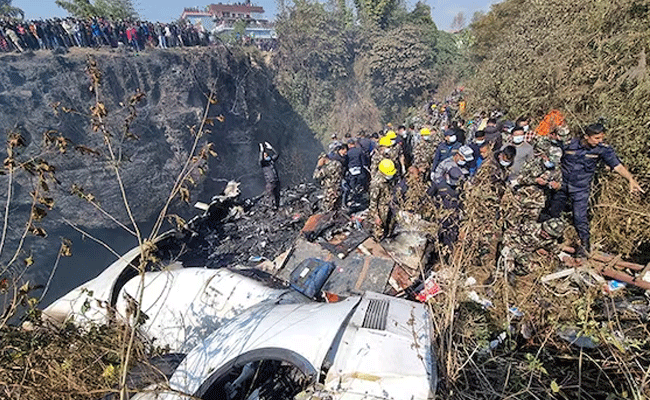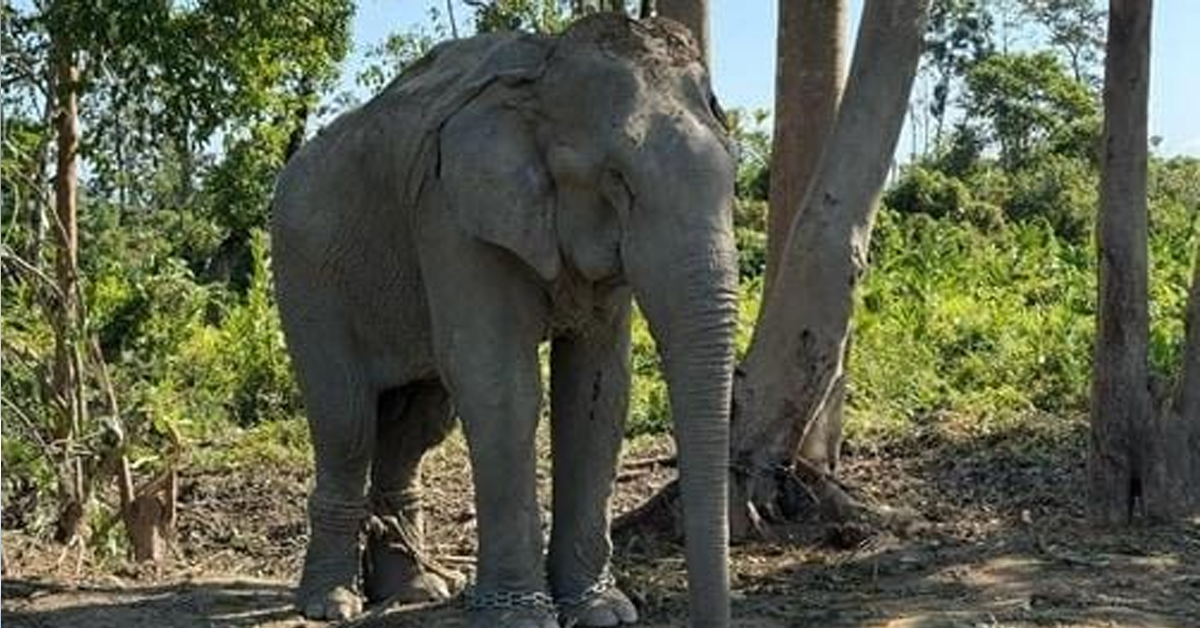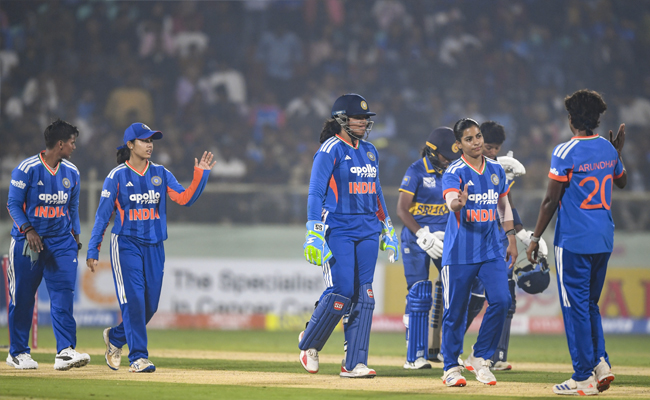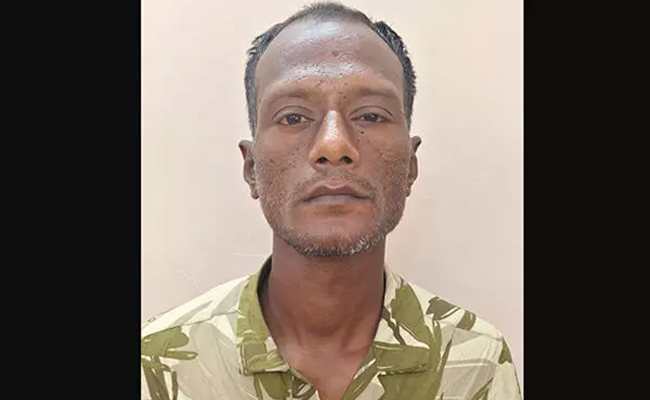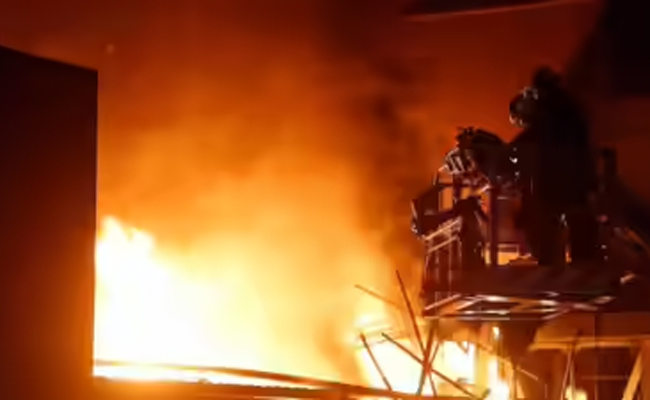Kathmandu (PTI): The search for the last missing person in the Nepal plane crash resumed on Wednesday after rescuers on Tuesday pulled out one more body from the crash site where a Yeti Airlines aircraft carrying 72 people, including five Indians, had plunged in a river gorge in the resort city of Pokhara.
Two days after the fatal crash, a woman's body was found deep down in the Seti River gorge on Tuesday. With this, the bodies of 71 people who died in the crash have been retrieved.
The search for the missing person started early morning on Wednesday with the help of divers and four drones, rescuers have given up hope of finding the missing person alive, MyRepublica newspaper reported.
The Yeti Airlines aircraft took off from Kathmandu's Tribhuvan International Airport at 10:33 am on Sunday and crashed on the bank of the Seti River between the old airport and the new airport in Pokhara, minutes before landing.
Fifty-three Nepalese passengers and 15 foreign nationals, including 5 Indians, and four crew members were on board the Yeti Airlines aircraft when it crashed.
The five Indians, all from Uttar Pradesh, have been identified as Abhisekh Kushwaha, 25, Bishal Sharma, 22, Anil Kumar Rajbhar, 27, Sonu Jaiswal, 35, and Sanjaya Jaiswal.
As many as 48 bodies of the deceased have been brought to Kathmandu, the report added.
The dead bodies except that of the locals and those who could not be identified and those of foreigners were flown to Kathmandu on Tuesday afternoon.
The bodies of the 48 victims have been brought to Kathmandu via Nepal Army helicopters for post-mortem at Maharajgunj-based Tribhuvan University Teaching Hospital.
Superintendent of Police Dinesh Mainali of Kathmandu Police Range said the bodies will be handed over to the respective families only after the completion of an autopsy.
"Forensics experts are currently working to complete the autopsy of the deceased. After we get the autopsy report, we will hand over the mortal remains of the deceased to the respective family members," he said.
Meanwhile, a team of experts from France arrived in Nepal on Tuesday to study the ATR plane crash of Yeti Airlines that took place in Pokhara on January 15.
A nine-member expert team from the company that manufactures the ATR aircraft has reached Pokhara.
Let the Truth be known. If you read VB and like VB, please be a VB Supporter and Help us deliver the Truth to one and all.
Pilibhit (PTI): A 19-day-old elephant calf, brought from Bijnor, was placed under care at the Pilibhit Tiger Reserve (PTR) on Sunday, an official said and added that the calf got separated from its mother in the forest area of Bijnor.
The calf was born on December 2 in the Bijnor forest area and got separated from its mother shortly after birth, the official said.
The forest department made several attempts to reunite it with its mother, but without any success. To ensure the calf's safety and better care, it was decided to transfer it to the Pilibhit Tiger Reserve on the instructions of senior officials.
On Saturday, Deputy Director Manish Singh received the calf. Special arrangements have been made in the reserve for its care. It has been kept in a safe and clean environment to provide it with a natural setting and protect it from external noise and disturbances.
Singh told reporters that raising an 19-day-old calf is challenging.
It requires a special diet as a substitute for mother's milk and constant monitoring.
He said a special team has been formed to provide 24-hour care. Since the calf is very young, it is being cared for like a newborn baby.
According to Singh, the primary responsibility for monitoring the calf's health has been entrusted to PTR's veterinarian, Dr Daksh Gangwar. Under his supervision, a complete record of the calf's health checkups, diet, and body temperature is being maintained. The team is ensuring that the calf does not contract any infection.

